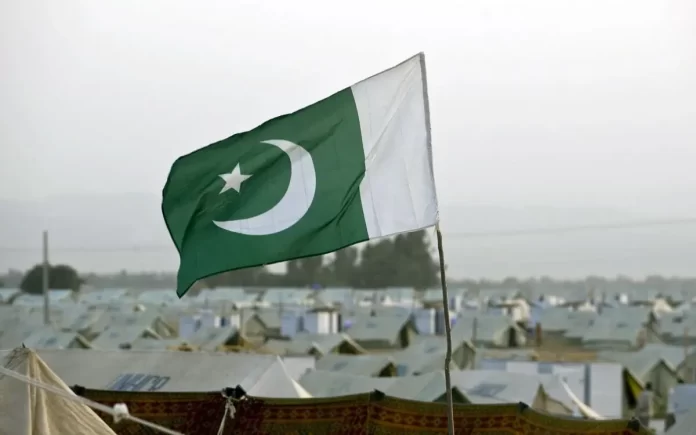Islamabad: The International Monetary Fund (IMF) is poised to engage in crucial discussions with Pakistan’s recently elected government this week to assess if the nation has fulfilled the prerequisites for receiving the much-anticipated final $1.1 billion tranche of a $3 billion bailout, officials disclosed on Wednesday.
Scheduled to span five days, the talks will kick off Thursday in Islamabad, with the administration of Prime Minister Shehbaz Sharif at the forefront. Advisors to Sharif have hinted at Pakistan’s inclination towards seeking a new bailout, possibly amounting to $8 billion, as the current arrangement nears its expiration this month.
Pakistan’s aspiration for the last installment of $1.1 billion under the 2023 bailout pact, inked by both parties last year, is driven by the urgent need to combat one of the most severe economic crises in its history, which had triggered concerns of potential defaults on foreign debt payments in the South Asian Islamic nation.
Read More: Imran Khan’s Party Accused of Plotting to Revoke Pakistan’s GSP+ Status
In an official statement, Pakistan’s Finance Ministry asserted that the nation has adhered to all IMF stipulations necessary for securing the crucial final tranche of $1.1 billion before the current bailout term concludes this month.
The ministry further elaborated that upon reaching a staff-level consensus with the IMF, the executive board of the global financial institution will sanction the disbursement of the $1.1 billion to Pakistan.
This development transpired just a day after Pakistan’s newly appointed Finance Minister, Muhammad Aurangzeb, indicated to reporters that Islamabad intends to approach the IMF for a new bailout once the current agreement is satisfactorily concluded.
Last year’s bailout was endorsed by Sharif, who assumed office following a parliamentary vote of no confidence against former premier Imran Khan. Sharif reclaimed the position of the country’s premier earlier this month following the parliamentary elections held on Feb. 8.
These recent developments unfold against the backdrop of Khan’s correspondence with the IMF, urging a linkage of any future discussions with Islamabad to an audit of the recent elections, which his Pakistan Tehreek-e-Insaf party alleges were tainted by irregularities. Authorities, however, have rebuffed these allegations as unfounded.
Thus far, the IMF has refrained from commenting on Khan’s letter.
Khan has faced criticism from Sharif’s government for the letter, which they perceive as an attempt to destabilize the economy. Pakistan narrowly avoided a default on foreign payments last summer when the IMF sanctioned the bailout following protracted negotiations.
Sharif underscored this week that overcoming the enduring economic crisis stands as his foremost challenge.



